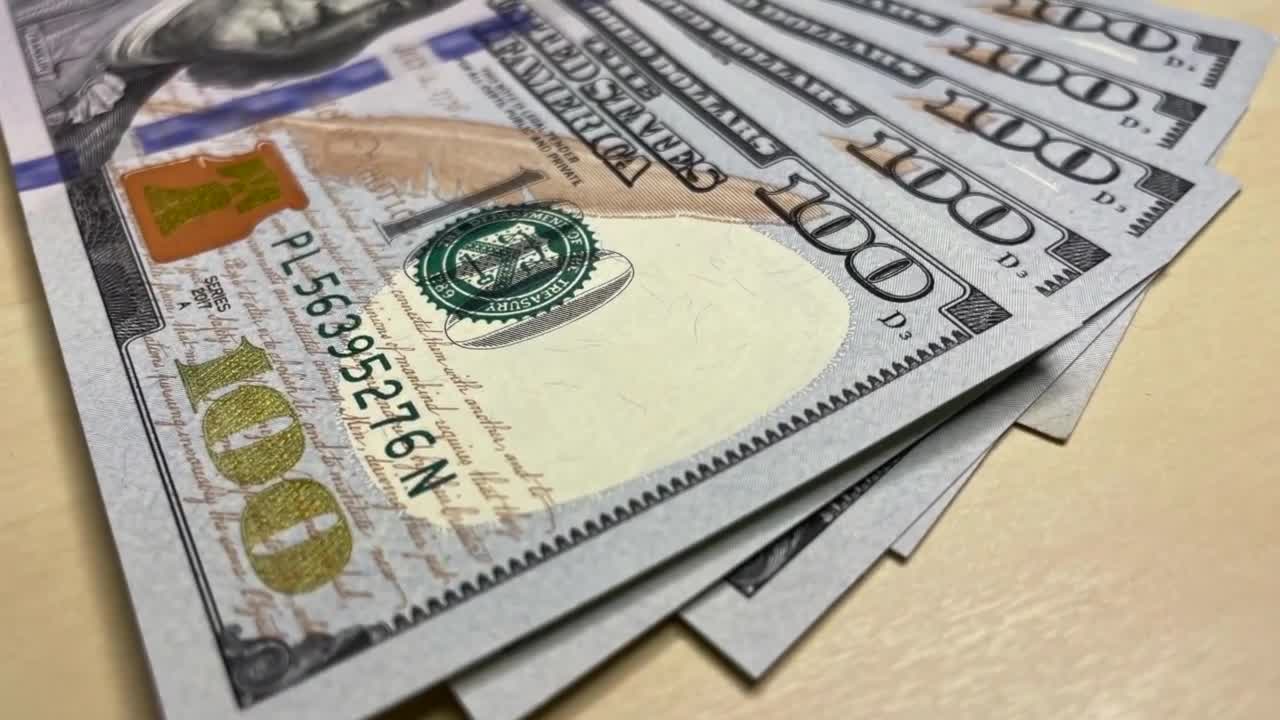BALTIMORE — Maryland is modernizing how people reclaim lost money and property.
The state has launched a $1.2 million online system designed to cut wait times for unclaimed property claims in half and tackle a backlog that’s left tens of thousands of Marylanders waiting months for money that belongs to them.
The Comptroller’s Office currently holds $2.65 billion in unclaimed property — cash, checks, and items that end up in a state fund when owners can’t be found. Because of an outdated mainframe system and growing demand, some claims have taken six months or longer to process.
“Everything is in one place, in one easy website, and the back end of that website is also much simpler for our team to use. So, we expect processing times, once we're through our backlog, to be no longer than 90 days," said Maryland Comptroller Brooke Lierman.
The new platform — called the Kelmar Abandoned Property System (KAPS) — replaces a decades-old system with a cloud-based one already used by more than 40 other states. For the first time, Marylanders can submit claims online, upload documentation electronically, and track claim status.
The Comptroller added that they're still working through 25,000 pending claims but expect to clear the backlog within six months.
Residents frustrated by long waits
For claimants like Karen Eldridge and Doreen Biden, the wait for their money stretched months.
“I filed the paperwork in January, and when I called in August, they said they were still working on cases from last year,” Biden said.
After contacting WMAR-2 News, she received her $1,000 check within two weeks. “Everybody should check,” she said.
Eldridge waited months for an update on her $125 claim. “Why was it so lengthy, so long-winded? It’s not like it was a lot of money,” she said.
New law adds automation and digital assets
A law passed earlier this year updates Maryland’s Abandoned Property Act, expanding what the state can hold — including cryptocurrency and individual retirement accounts — and introducing automatic payouts for smaller claims.
Once KAPS’ “Quick Pay” feature launches in November, Marylanders with verified claims under $5,000 will receive their funds automatically, without having to file paperwork.
However, Lierman noted that while the funds are held by the state, no interest accrues. “We don’t want people to start using the unclaimed property system as a bank account,” she said, explaining that state law prohibits interest payments on unclaimed funds. The Comptroller’s Office also covers the cost of running the free website, storing and processing property, and reaching residents through mailings, newspaper ads, and community events.
Unclaimed property has become a significant source of revenue for Maryland’s budget. The state’s general fund collected $207 million in FY 2025, with an additional $22.5 million directed to special funds — nearly double typical annual returns.
Still, Lierman emphasized that this money ultimately belongs to Marylanders. “If every Marylander claimed every dollar of that unclaimed property fund, the state would be obligated to pay it. So, even though in the short term it is being used sometimes by the general fund and by the state for other purposes, at the end of the day, it belongs to Marylanders,” she said.
The average claim is about $185, and there’s no deadline to file. The oldest unclaimed property on record dates back to 1959, according to the Comptroller's Office.
To search for your name or file a claim, visit the Maryland Comptroller’s new site.
You can also search for unclaimed property in other states on MissingMoney.com.
This story was reported on-air by a journalist and has been converted to this platform with the assistance of AI. Our editorial team verifies all reporting on all platforms for fairness and accuracy.




